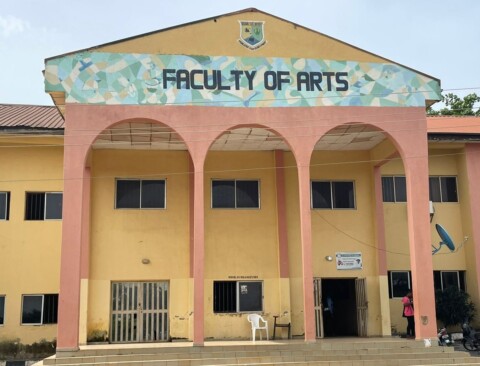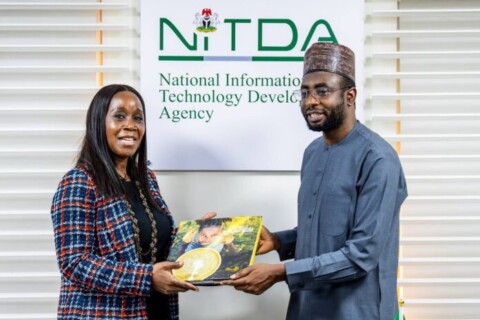Some education experts have expressed concern over the negative impact of artificial intelligence and social media on students’ academic performance, warning that when misused, these tools could reduce the quality of education in the country.
In separate interviews granted to the News Agency of Nigeria (NAN) on Thursday in Abuja, they acknowledged the benefits of technology but cautioned against its abuse by students.
Dr. Sadiq Mohammed, an Associate Professor in the Department of Agricultural and Bio-resources Engineering at the Federal University of Technology, Minna, said the widespread use of social media has encouraged exam malpractice and made many students overly dependent on technology for academic work.
He noted that while AI and other digital tools were designed to improve learning and innovation, many students now misuse them, leading to academic dishonesty and laziness. According to him, students often migrate to so-called “magic centres” in remote areas to write exams with leaked answers, gaining admission with inflated results they later struggle to maintain.
“With the emergence of AI, students now rely on different applications to answer exam questions. They spend more time on their phones than on actual studying,” he said.
Mohammed urged the government to invest in policies that would guide the responsible use of AI in education. He also called for closer scrutiny of academic work, particularly to address plagiarism and restore academic integrity.
Retired principal Judy Eke also blamed parents for encouraging academic misconduct. She alleged that some parents not only fund exam malpractice but also supply their children with data for internet access during exams.
“Parents are worsening the problem by helping children register for exams in distant villages where cheating is organised. Even educated parents are now paying people to write exams for their children,” Eke said.
She added that the overemphasis on grades and certificates instead of skills and competence is fuelling students’ dependence on the internet for answers. Eke called for a state of emergency in the education sector to address the growing crisis.
Similarly, teacher Adebayo Olawole acknowledged that while social media has created learning opportunities and access to global information, it has also become a major distraction.
“Students can spend up to four hours scrolling on social media, yet struggle to read for thirty minutes. They are more focused on online trends than on their studies,” he said.
Olawole also linked social media to increased exposure to cybercrime and immoral behavior. He urged education authorities to promote the use of textbooks and printed materials to encourage deeper learning and discourage over-reliance on digital platforms.
The experts concluded that while technology can be a powerful educational tool, its misuse poses a serious threat to the future of learning in Nigeria.





